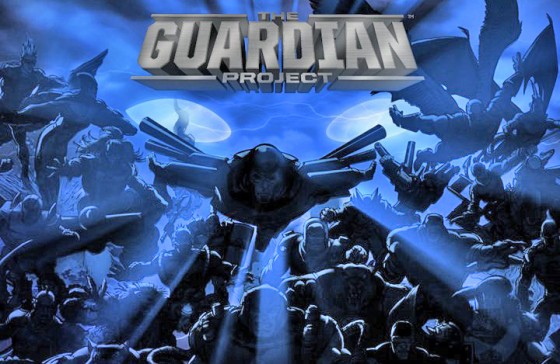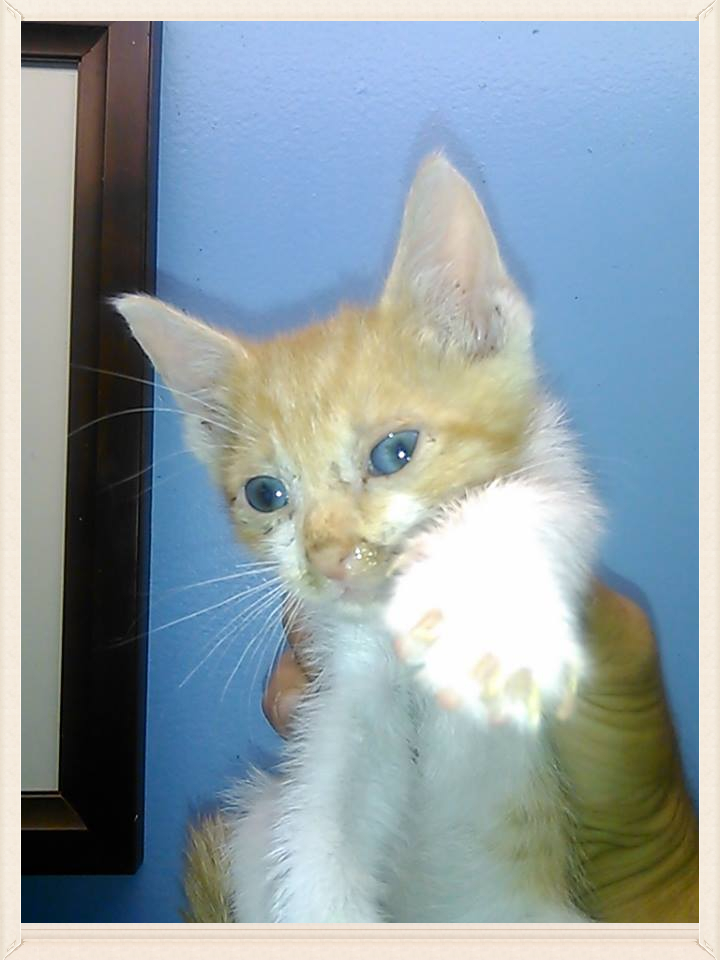

The power to act is not the preserve of the few. It is the people, through commitment, intention and conviction, who will catalyse change, one conversation and one action at a time. “Who are you waiting for? Will he have an ‘S’ on his chest? There is no superhero or messiah coming.” Ufot asked the people of South Africa to stop waiting for a hero. Anyone seeking our vote must meet our standards and commit to our agenda. We need to strategise toward 2024 about the issues we care about, for the new version of South Africa we are willing to build.īy the time political parties and politicians are ready to present voters with their various manifestos, we the people must have a “People’s Manifesto” that reflects our collective aspirations and, most importantly, our collective demands. The time has come for all members of “Project South Africa” to arrive at the table –- the millions of tables in homes, on street corners, around fires, in arts theatres, at sports grounds and in community halls. Rather than being an individual endeavour, voting is the largest group project any society embarks on. If power is to be returned to the people, people outside of formal party politics must organise. Politicians and political parties are organising for what they want. On the road to the 2024 elections, South Africa can test the power of organising for what we want. It must be work that we do year in and year out. Even as it relates to elections, organising for a country that works for everyone cannot be limited to an electoral time line.

It is also the work of setting an agenda and finding people we trust to enact our agenda. It is the work of contesting ideas and power. This is relevant both for the issues we place on the election agenda and the people we are willing to vote for. Ufot encouraged South Africans to not limit themselves to existing options if those are not the desirable ones. The discussion turned to the quality of the choices on the ballot, with people lamenting the options that seem like mobilising people to vote for more of the same. The way to bring an end to this is by organising to vote for change before an election and organising for accountability after an election. “Politics is the only job where you get to be trash, trash, trash at it but think you can continue to get the privilege to serve.” “We elect people to go to work for us,” Ufot said. Instead of seeing people’s action as separate from voting, the New Georgia Project has worked to make clear and concrete connections between the direct action before and after elections, and using the vote as a lever to hire and fire public representatives, based on how they deliver on the issues for which people fight and organise. The New Georgia Project has registered more than 700 000 new voters in Georgia and mobilised to turn out millions more at critical elections over the years.Īlthough some have argued that voting is a low bar for political action, Ufot emphasised that while direct action such as protests, projects and legal action are necessary, voting remains a part of the toolkit for change that affects people’s power in a democracy. Ufot has worked for 11 years organising young, black, Hispanic and other historically marginalised voters in Atlanta, Georgia, in the United States, to reclaim the power of their vote. The keynote speaker was Nsé Ufot, a long-time voter rights activist and chief executive of an NGO called the New Georgia Project. On 8 October, the Rivonia Circle convened more than 160 activists to a workshop called South Africa 2.0: Mobilising People’s Electoral Power.
#GUARDIAN PROJECT HAVEN REGISTRATION#
The result has been a steady decline in voter registration and turnout. In a democracy that has not delivered on its promise, South African voters are disillusioned by the power and meaning of the vote. With South Africa’s 2024 national and provincial elections approaching, the act of voting is an important place to begin. Yes, we must share and contest ideas but change will only come through action. We need to redress inequality, to take the ideals of dignity and justice, the bedrock of our Constitution and common life, and use them to create the South Africa we all deserve to live in.

The call to action by Sankara, the leader of what is now Burkina Faso and who was assassinated in 1987, challenges us to meet this moment in South Africa with a collective and intentional effort to change our circumstances. As people from all walks of life, living in and hopefully through a moment of crisis, we must ask each other one critical question: “What are we willing to do to create the South Africa we deserve?”


 0 kommentar(er)
0 kommentar(er)
